I’m nearly 60. Here’s what I’ve learned about growing old so far
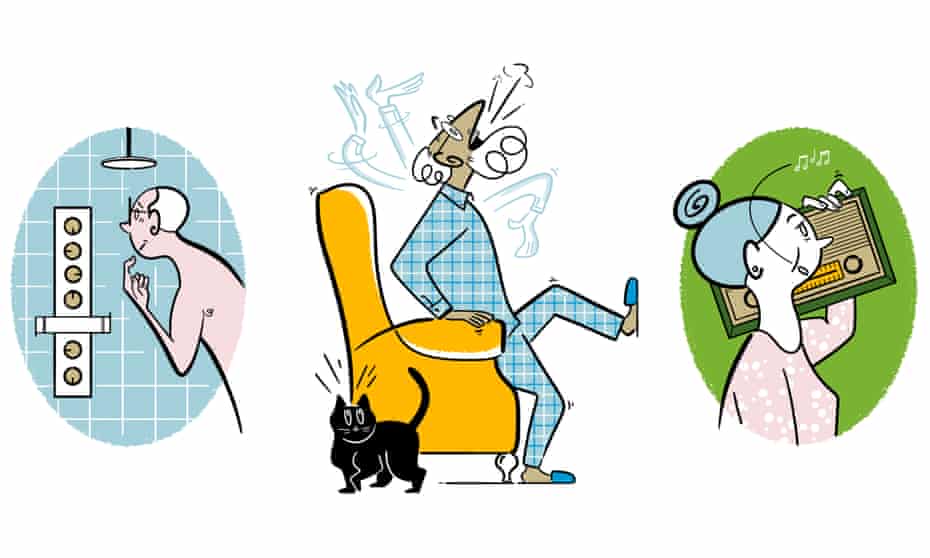
The end of ambition, involuntary grunts and a mistrust of bathroom fittings. All things to look forward to …
The parameters of middle age have been generously expanded over the years; for a long time I thought I might avoid old age altogether, because the minimum qualifying limit was sliding forward faster than I was. Middle age, by some definitions, now extends to 60, or even 65, which still gives me a bit of a reprieve.
But I know this to be a mere technicality; a loophole, and slim comfort. I’m 59, and that’s pretty old. So old it doesn’t feel like a privilege, even if it’s preferable to the alternative. What have I learned about what it’s really like to get old? Not a lot, but here it is. I thought I’d better write it down before I forget it.
1 The real difference between youth and age is not physical, or even mental. It’s just the added weight of all the years piled up behind you. You can call it experience if you want, but having a considerable past doesn’t necessarily confer any wisdom. It just compresses time so that things that happened last week and things that happened in the mid-1980s sit side by side in your memory. This isn’t a problem as long as you restrict your conversational circle to other old people.
2 Being old also means having to contend with the enormous, invisible volume of everything you have done and completely forgotten about. At the age of 20 you’ve lived so little you can remember virtually all of it; by the age of 60 you will have forgotten entire holidays, scores of books you’ve read, hundreds of arguments, upwards of a thousand former acquaintances, all the popular music released between 1999 and 2004, and at least 10 Netflix passwords. This isn’t memory loss – just a natural shedding of things your brain has deemed superfluous.
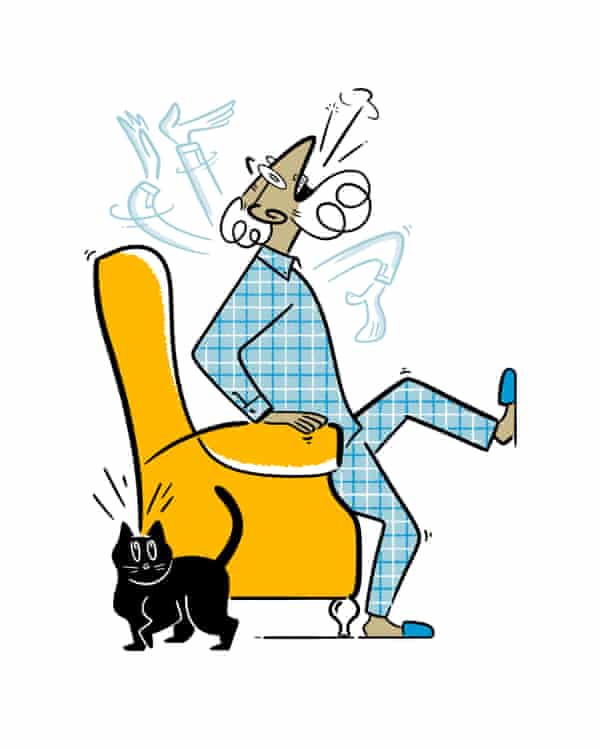
3 At some point during your middle years you start to notice that whenever you stand up or sit down you make a noise: an involuntary groan of exertion. When rising from a chair there’s often a note of exasperation in it, as if the effort was barely worth the result; on the way down there’s usually a ring of relief. It’s possible, for a time, to maintain a youthful facade simply by training yourself not to make the noise, but the noise wins in the end.
4 Even so, without regular external reminders, it’s very hard to think of yourself as old, and it still sometimes comes as a shock. A few years ago when I was shopping I became aware of a stooped, wizened man following me around the mall. Then I realised there were just mirrors everywhere. They even had them running up both sides of the escalator. I don’t go to that mall any more.
5 When old people look at other old people they’ve known for a long time, they see a weird hybrid of the young person they once knew and the improbably wrinkled crone before them. This doesn’t work with old people you’ve just met. They look ancient.
6 From the perspective of a young person, it may seem almost impossible to be happy and old. And while it’s true there are a remarkable number of things to complain about in old age, there is a also a statistically significant lightening of mood: according to personal satisfaction surveys, the least happy demographic are those aged 40 to 59 – after about 54 your outlook improves steadily, in a way that appears to be utterly unrelated to the fix you find yourself in. So there’s that to look forward to.
READ RELATED: Reservoir Dogs star Michael Madsen says he did not 'see any signs of depression' in his son Hudson
7 The years from late middle age onward are also marked by a steady erosion of ambition. The cause isn’t so much a loss of drive as a growing realisation that you aren’t going to change the world after all. You’re just going to die and be forgotten, like almost everyone else. The knowledge that your existence doesn’t really matter is sobering, but also sort of a relief. It’s certainly changed my approach to paperwork.
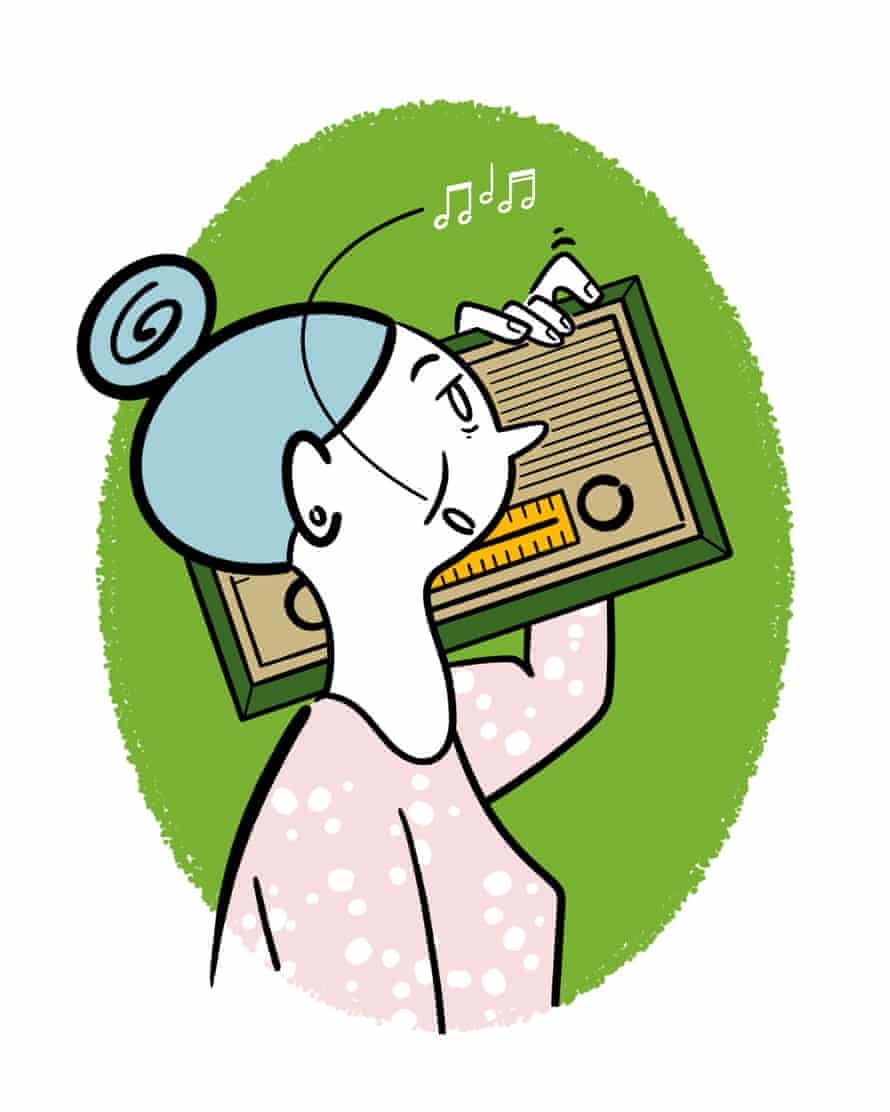
8 A young person asks: why do old people have the radio on all the time? Is it like company for them? The truth is: we had the radio on 40 years ago, before we were old, it’s been on ever since, and we are never going to turn it off. You can turn it off when we’re dead.
9 It’s inevitable that as one ages one becomes more cautious. Although the precautions observed may not always be consistent or even rational, the collective weight of all the times you’ve cheated death eventually leaves you with a sense that your luck may soon run out. As my 100-year-old father once said to me: “I’m very careful on stairs; everyone I know died falling down the stairs.”
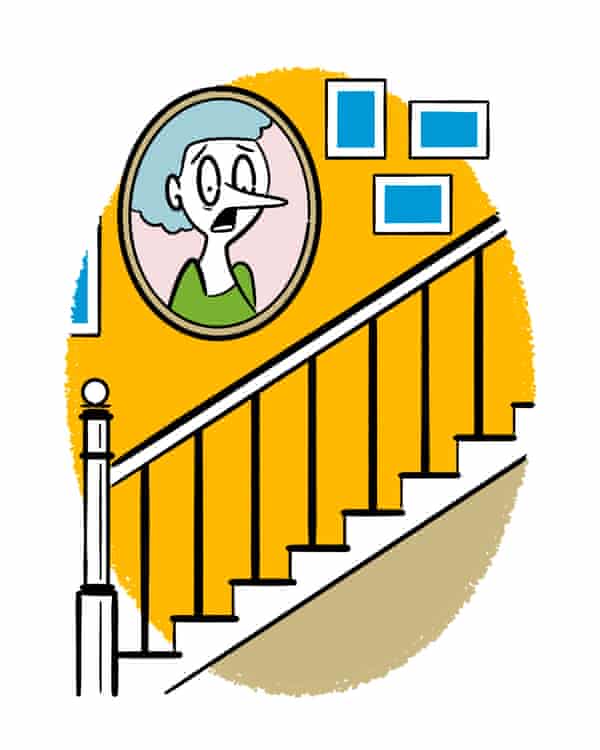
10 Monotasking is the great skill of late middle age: doing one thing to the exclusion of all others. Granted, this renewed ability to focus is largely due to a growing inability to multitask; with age it becomes increasingly difficult to do two things at once and remember what both of them are. But this does mean that one’s later years are a great time to pick up a new skill from scratch – drawing, painting, a musical instrument, even a foreign language. Trust me: the restlessness that made discipline and regular practice annoying when you were 15 evaporates by the time you’re 50. Your reflexes may have dulled a bit, but your tolerance for endless repetition will be immense.
11 After 50 one begins to recognise in oneself a growing resistance to change, if only because it so often nullifies years of hard-won training. Certain common stereotypes of older people – as creatures bewildered by technology and outfoxed by ordinary packaging – have at their root this resistance to pointless change. I have decades of experience in getting the lids off things, all of it rendered useless by these new lids they have now.
12 Also, everyone needs to stop inventing new and exciting ways to turn a shower on and off. What happened to knobs? Yes, I do know how old and cranky that makes me sound, and it’s a sign of my age that I don’t care any more.
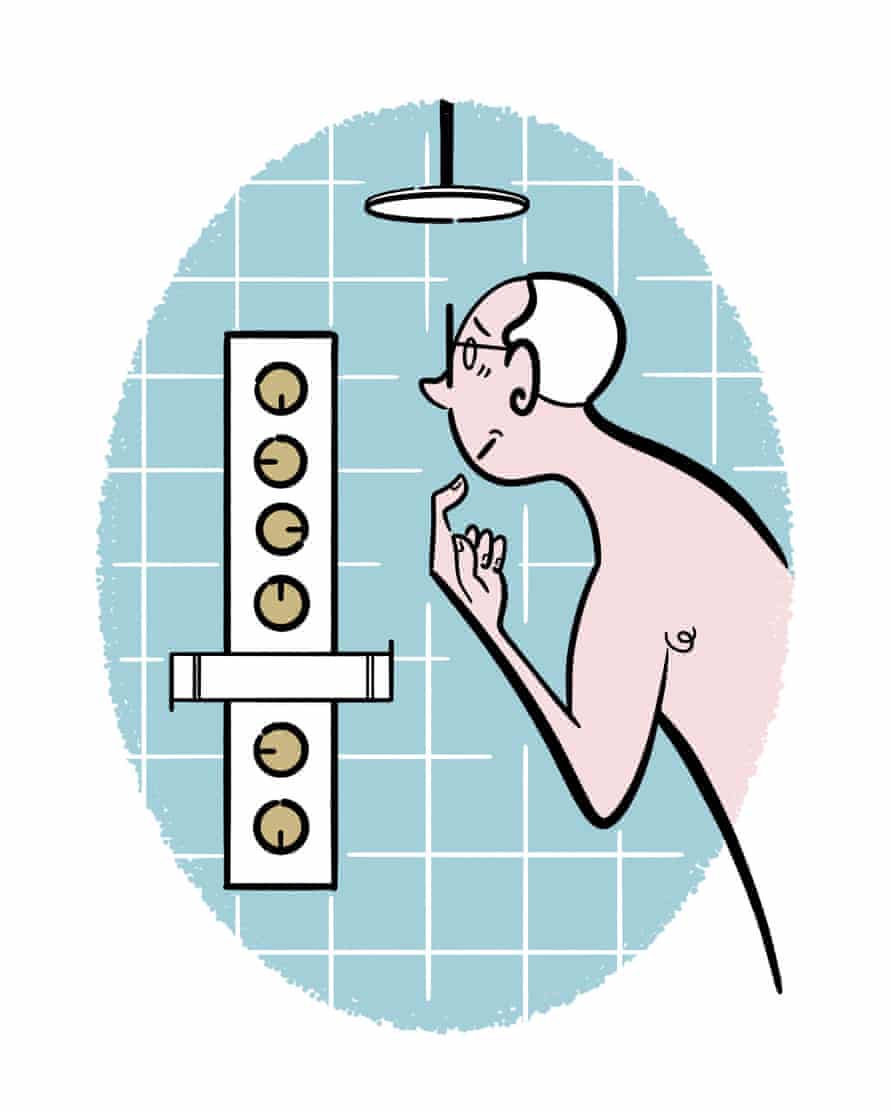
13 Old people can sometimes seem aloof, vaguely disapproving, rude, dismissive, mistrustful and slow to grasp subtlety, when what they really are is a bit hard of hearing. Try repeating what you just said, but louder, and see if you don’t get a more engaged response the second time.
Inevitably some old people will find this patronising. I didn’t say we weren’t difficult.
Source: Health & wellbeing | The Guardian





